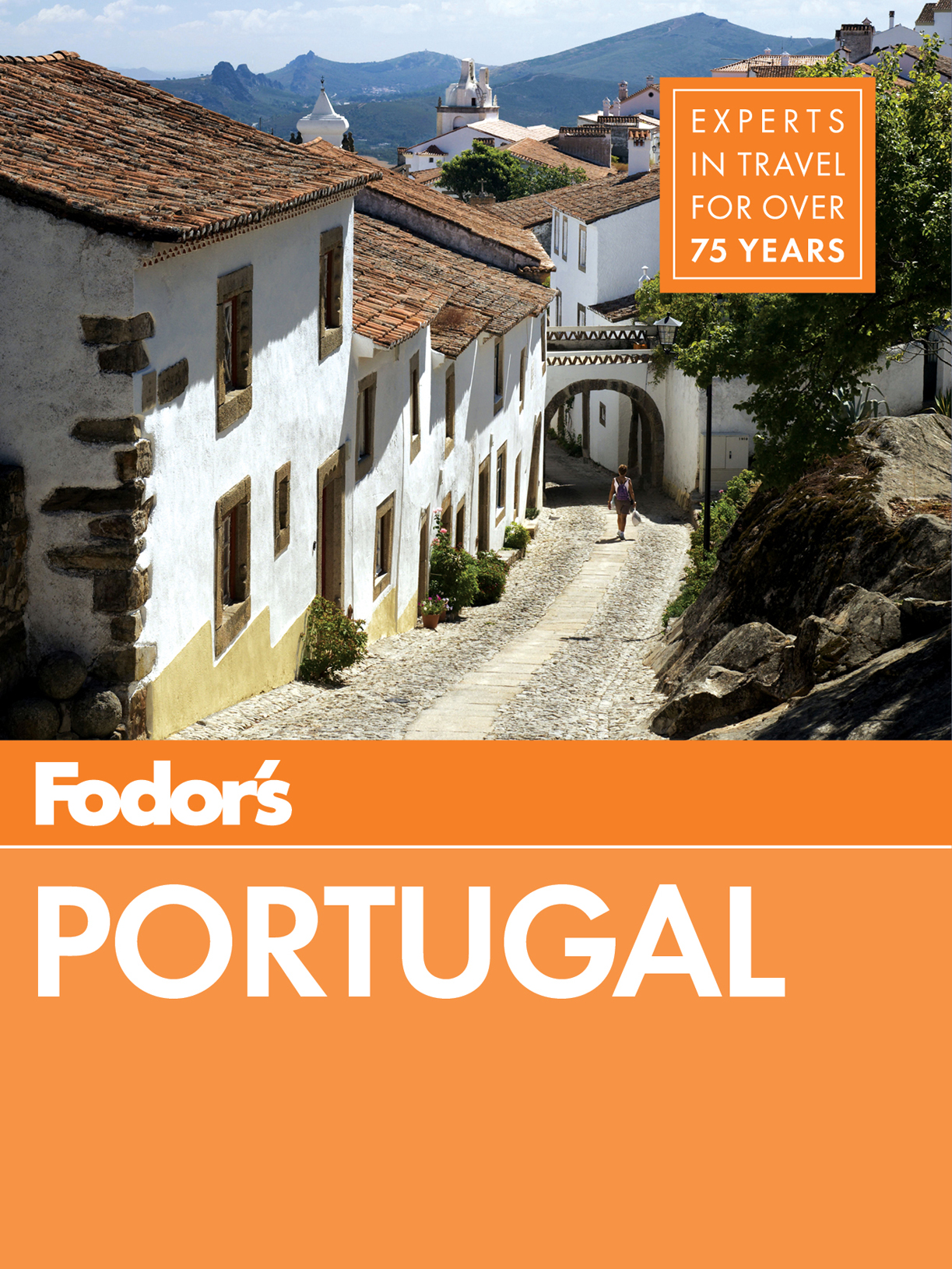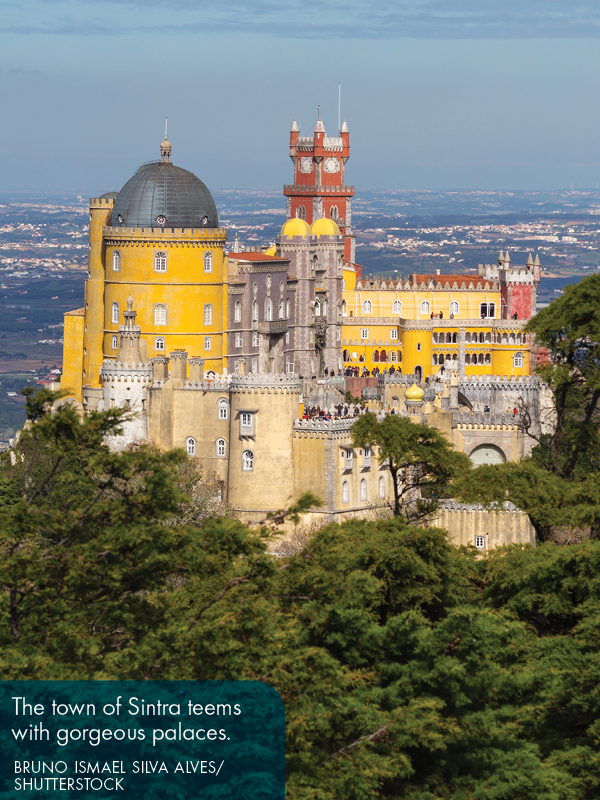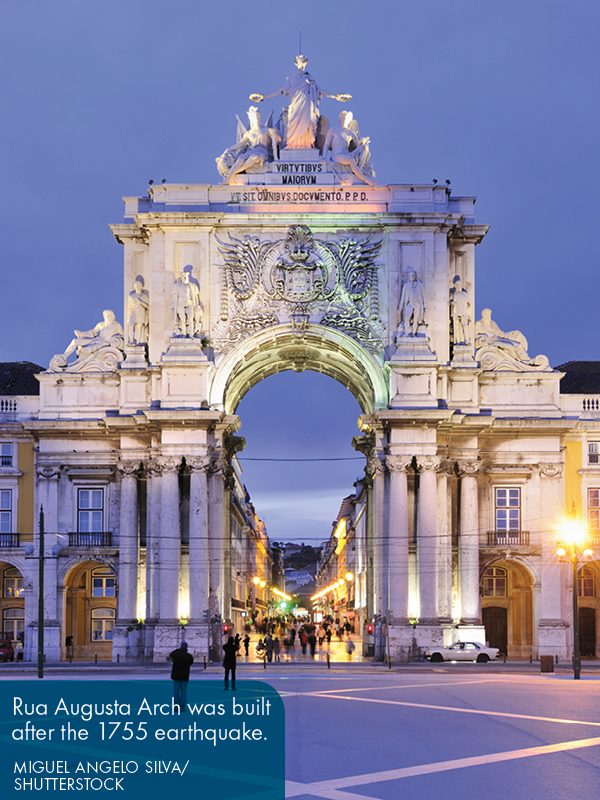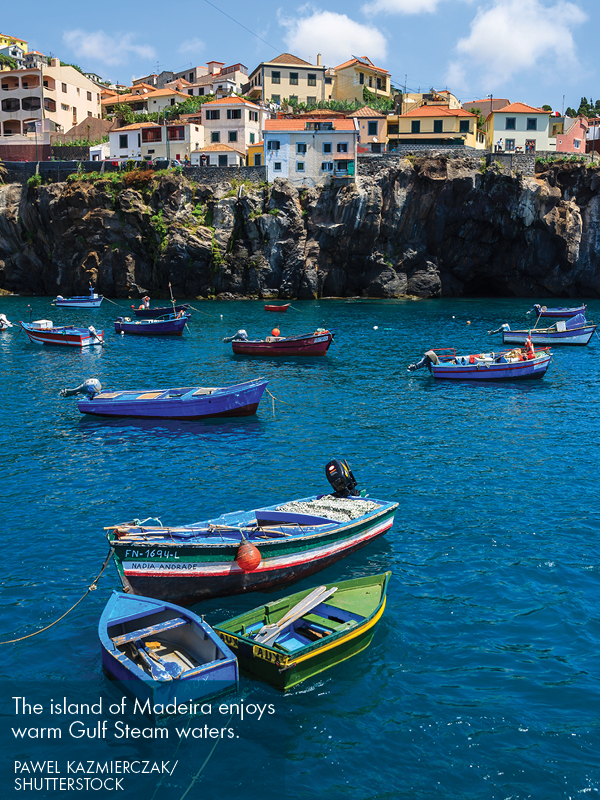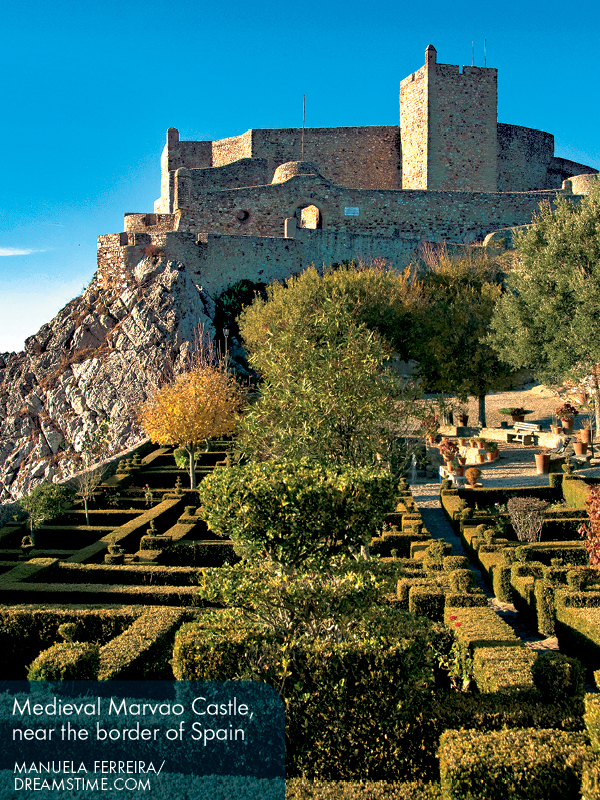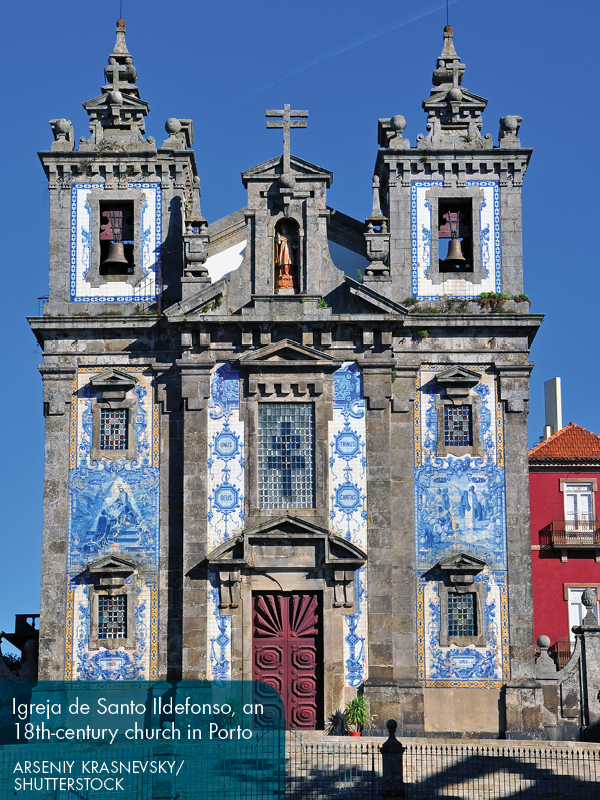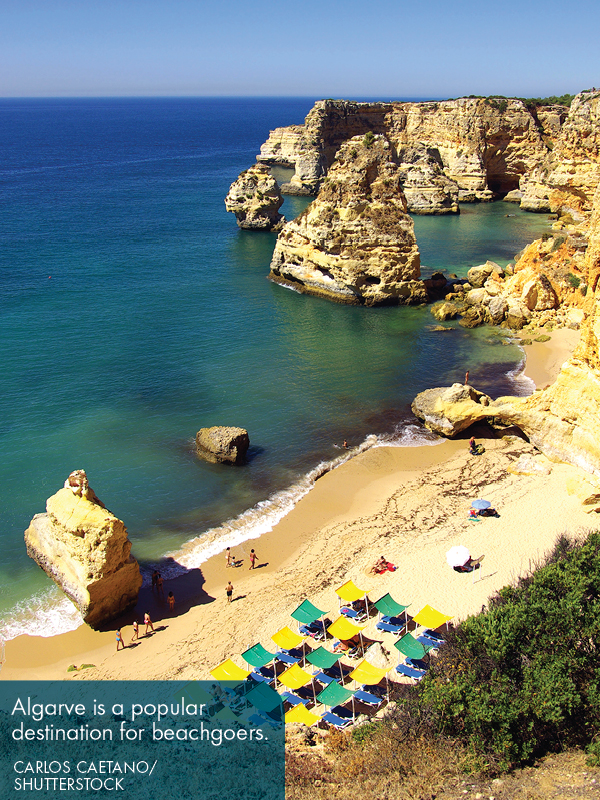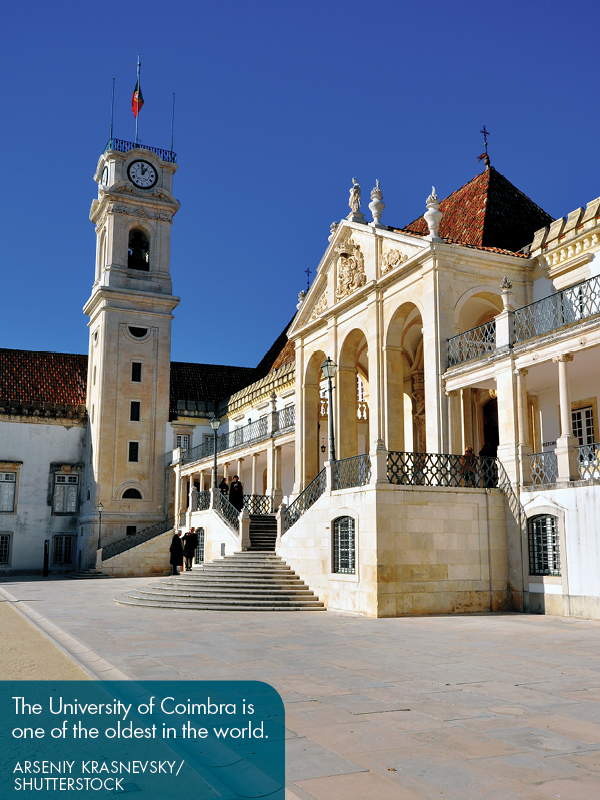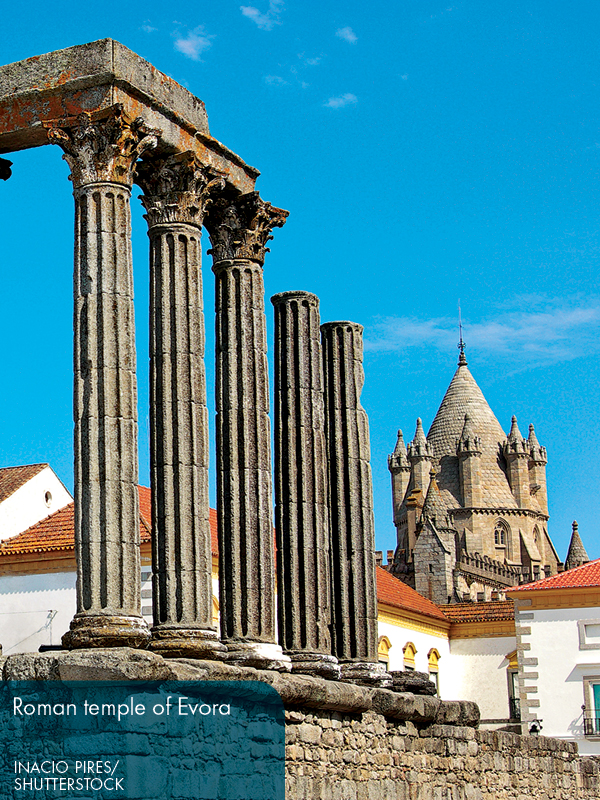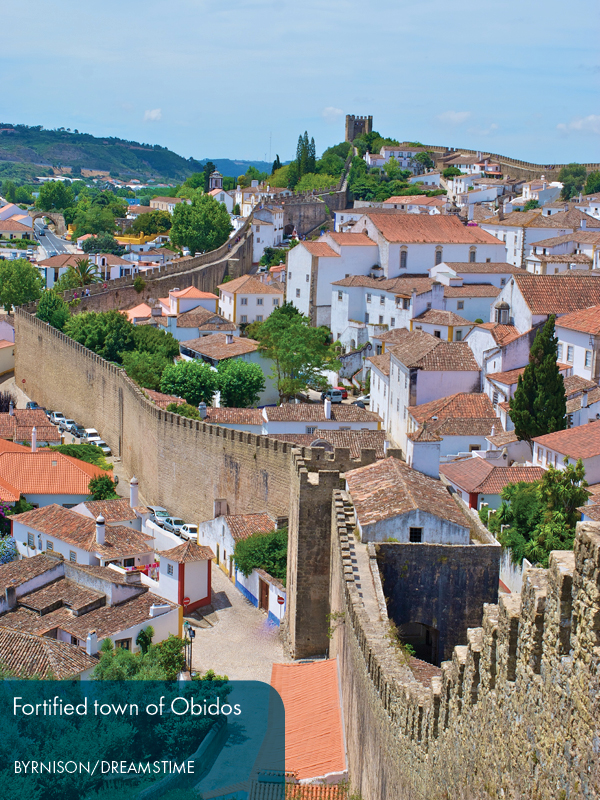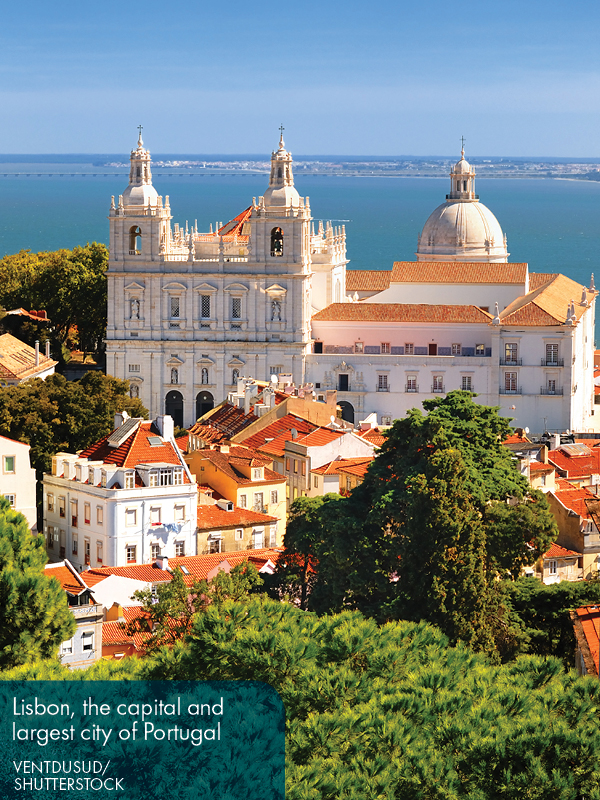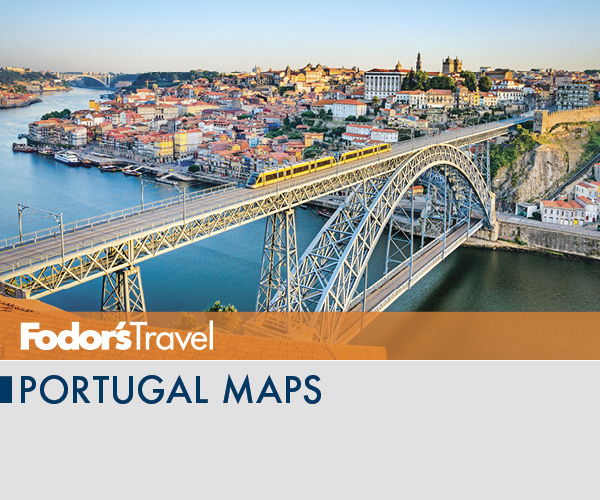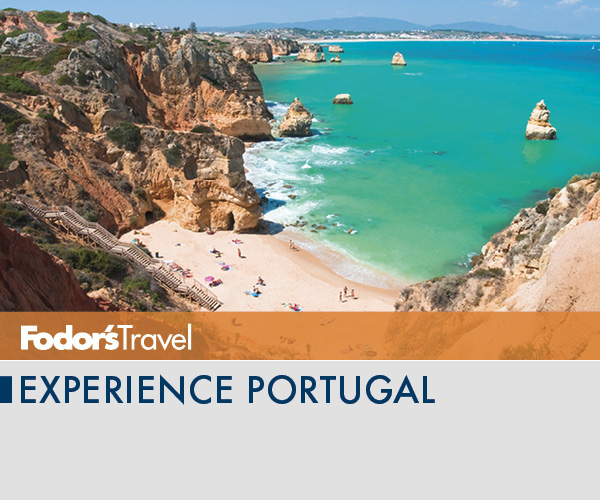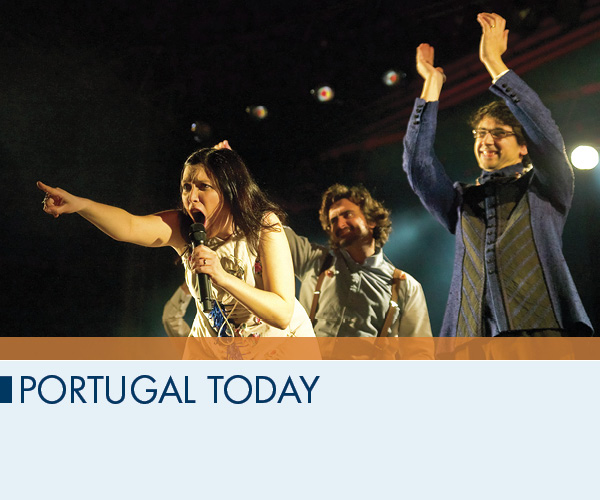Portugal is one of those countriesa bit like Greecethat harkens back to a golden age. Some 500 years ago, Portugal was the richest country on Earth, and fascinating evidence of that storied past still abounds, from Vasco de Gamas old haunts to soaring castles and intricate medieval quarters. From the 14th century onward, Portugals mariners plied far-flung sea routes, bringing back spices, gold, and a worldly outlook thats still evident today.
Unfortunately, also like Greece, Portugal is now suffering its worst economic depression since democracy arrived in the 1970s. Portugals bailout by international creditors has ushered in a new era of austerity, and some of the countrys youth are looking abroad for jobs.
Still, Portuguese ingenuity and creativity are undiminished. While austerity has sparked violent street demonstrations in Greece and Spain, the Portuguese are more melancholy, singing folk songs in the streets. In sectors hit by globalization, such as textiles, firms are fighting back by specializing and increasing the value added to products. New uses are found for old materials such as cork, with the results sold through design shops. Portuguese winemakers are raising their international profile, applying new methods to a unique roster of native grape varieties. Portuguese chefs are finally catching up with their Spanish peers in applying new techniques to traditional dishes. And a fledgling new industry of renewable energyincluding electricity produced by wind, sun, and even waves and tidesis branding Portugal the new west coast of Europe, California-style.
Todays Portugal
is enjoying a renewed tourism boom. Despite fears that Portugals EU bailout would send tourist numbers into a downward spin, tourism has surged, with hotel occupancy up nearly 10% every year since 2010. The Lisbon area is now a leading destination for corporate conferences, thanks to mild out-of-season weather, still-affordable facilities, and friendly and competent locals. Rotary International held its annual summit there in 2013, drawing some 25,000 delegates and their families. And with low-cost flights from northern Europe, Porto, too, with a similar combination of picturesque old and trendy new, is emerging as one of Europes top city break destinations.
is proud of its traditions. Every year, throughout the year, traditional festas are held up and down the country on local saints days or in line with ancient, evidently pagan, traditions. Not for tourists (although youre welcome to join in), festivals are a central part of Portuguese life, and emigrants generally try to ensure that trips home coincide with the local festa. Youngsters these days have a renewed interest in their heritage, and are taking an active part in keeping festival traditions alivealthough they also flock to a growing list of vibrant rock festivals.
is a great value. For all the inflationary impact of rising prosperity and entry into the euro zone, Portugal is one of Europes best-value destinations. Especially in rural areas, you can eat delicious traditional food for as little as 6 ($8) for a main dish, a fraction of what youd pay in a North American citywashed down with flavorful local wine thats often cheaper than bottled water. Portugal is dotted with country houses that offer comfortable bed-and-breakfast accommodation at affordable prices. And all forms of transport, even in the cities, remain amazingly cheap, with a one-way ride anywhere in the Lisbon metro system just 1.40 ($1.85) and a taxi in town as little as 5 ($6.50).
is facing unprecedented economic and political challenges. As the euro zone faces an existential crisis, Portugal was one of four countriesand countingto require a bailout from Europe. The government has slashed spending, cut welfare, and frozen major public works projectslike a high-speed train linking Lisbon to Madrid, which would have cut travel time from nine hours to less than three.
is committed to a major expansion of renewable energy. Portugal has garnered global attention in recent years with a massive program of investment in renewables. From a standing start, it is now fourth in the European Union in terms of capacity relative to population. The EU is committed to getting 20% of energy from renewable sources by 2020, but Portugal has set more ambitious goals. More than half its electricity already comes from wind, solar, or hydrosaving $1.1 billion a year in oil imports. Despite much tighter financial conditions, it is also promoting wave-power projects, and rolling out a nationwide network of charging points for electric cars.
What Were Talking About
Futebol (soccer) remains an obsession in Portugal: the three top-selling dailies are dedicated to it. In the early 1960s Lisbon club Benfica lifted an oppressed nations spirits by twice winning the European Cup; today one footballer above all provides a much-needed lift to wilting national pride. Cristiano Ronaldo, captain of the Portuguese national team, currently plays in Madrid but is a hero to Portuguese fans for raising the nations profile. Foreign spectators may boo his frequent on-field petulance, but here he appears in ads for everything from banks to hair gel.
Portugals art scene is being shaken up by Joana Vasconcelos, who came to international attention with The Bridea chandelier made of thousands of tampons that represented the country at the 2005 Venice Biennale. In her outdoor installations since, buildings or bridges have been made into artworks with crocheted aprons or colorful stuffed shapes. In 2010, Marilyn, a scaled-up shoe inspired by Monroes on-screen heels but made from cooking pans, went for $780,000 at auction. Vasconceloss Lisbon atelier is deluged with foreign commissions.



